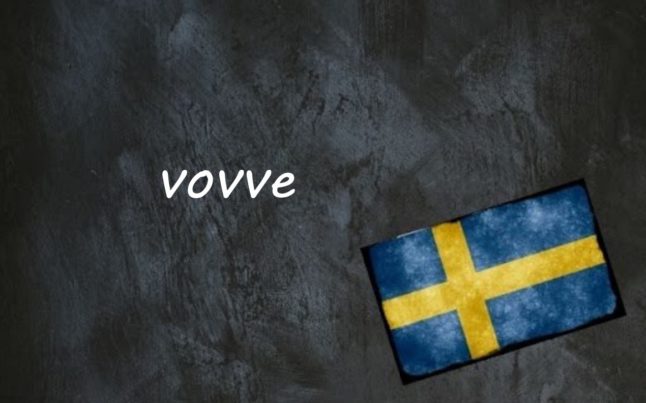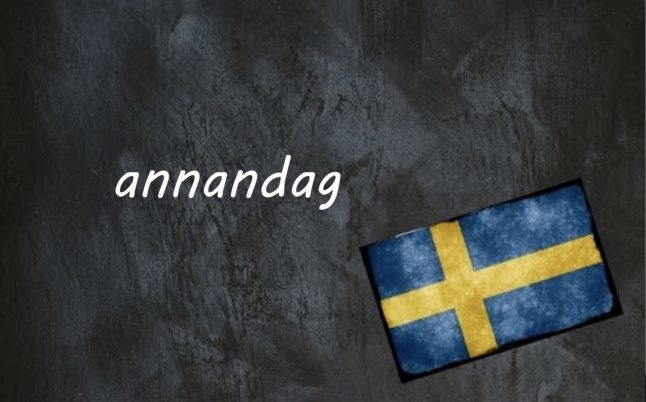While a Swedish dog is usually known as a hund, the word vovve – or vovvar in plural – is commonly used as a more diminutive word in speech directed at children (or by owners talking to their dogs).
Vovve, which the Swedish Academy dates back to 1867, is a form of onomatopoeia – words that imitate the sounds they describe – and comes from the word vov-vov, which is the sound the dog makes in Swedish.
You can compare this to for example “woof” in English or “bau” in Italian.
Vovve also appears in the Swedish phrase villa, volvo, vovve, which refers to three adulting criteria that show you have become a sensible, successful grown-up: a house (not too flashy – the word villa in Swedish simply refers to any kind of detached house), a car and a dog.
But why do animals sound different in different languages? As you can probably guess, it is not that the animals are multilingual, it is that we perceive the sounds in different ways depending on our own language.
There is even one theory attributed to German philosopher Johann Gottfried Herder (although this is contested) which suggests that animal sounds contributed to the birth of human language – when our ancestors started imitating those sounds they heard in their natural environment.
Other Swedish animal noises include kuckeliku, nöff and gnägg. Ten points if you can guess which animals they are associated with, otherwise here’s a cheat sheet.
Examples
Titta, vilken söt liten vovve
Look, what a cute little dog
Duktig vovve
Good dog
Har du kommit ihåg att mata vovvarna?
Have you remembered to feed the dogs?
Villa, Volvo, Vovve: The Local’s Word Guide to Swedish Life, written by The Local’s journalists, is available to order in English or German. Head to lysforlag.com/vvv to read more about it.
It is also possible to buy your copy from Amazon US, Amazon UK, Bokus or Adlibris.



 Please whitelist us to continue reading.
Please whitelist us to continue reading.
There is an old English music hall song that goes, (chorus),
Daddy wouldn’t buy me a bow-wow (bow-wow).
Daddy wouldn’t buy me a bow-wow (bow-wow).
I’ve got a little cat,
and I’m very fond of that,
but I’d rather have a bow-wow-wow.
That bow-wow corresponds to the Swedish vovve.
/Kurt